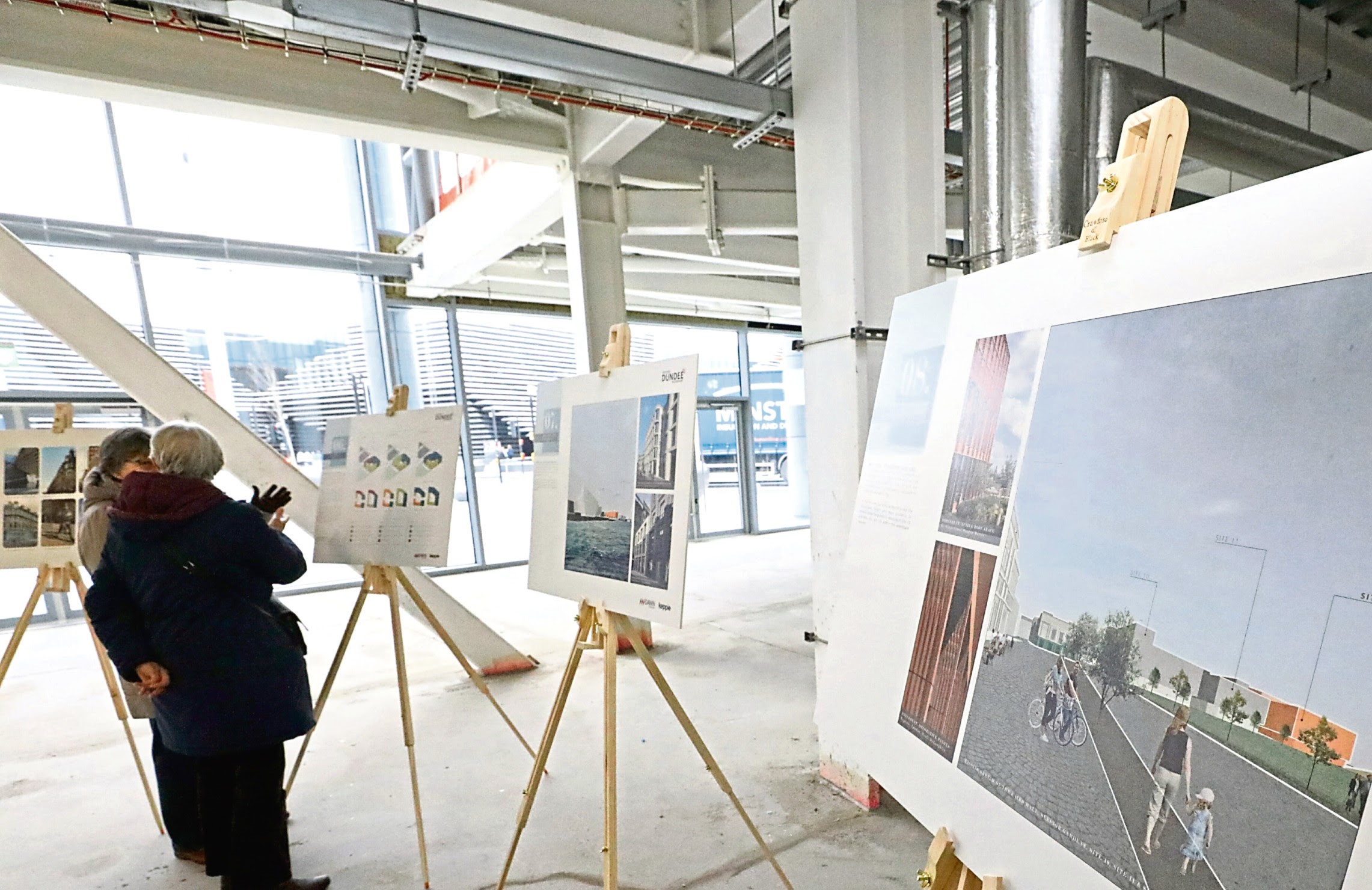‘Facing up’ to future public consultation procedures
29 March 2022
Article by Marc Giles, Planning Partner at Ryden
The Scottish Government recently announced their intention, subject to Parliamentary scrutiny, to extend the current Coronavirus Modifications to Planning legislation* for six months to the end of 30 September 2022. The legislation regarding the duration of permission/consent and pre-application consultation will therefore remain sparking again the debate on the convenience of online public consultation.
When these temporary regulations finally expire, we expect the Government to return to the ‘good old days’ of face to face public engagement at the local school hall and other changes, including a statutory requirement for two events as was anticipated in October 2021 via The Town and Country Planning (Pre-Application Consultation) (Scotland) Amendment Regulations 2021.
There’s no doubt that both the development industry and local communities generally favour a return to face to face events, but that isn’t to say the online engagement process hasn’t been successful and shouldn’t be utilised in the future.
Having been directly involved in a number of public consultation events throughout the extended period of Covid restrictions, it’s fair to say that engagement levels generally have been far higher than anything experienced pre-Covid.
No doubt those most aggrieved by a development proposal would turn out for a public exhibition come rain or shine. Still, the engagement levels associated with online events perhaps shows many are interested but just not motivated enough to travel to a public venue to review proposals.
As such an online exhibition is far more accessible to all and reaches a larger and wider ranging demographic. Too often, the voices of a few are cited as representing the majority. I have never been convinced about that and the online engagement experience would suggest that is not the case. A significant increase in public participation levels has not generally been followed by a corresponding increase in the number of formal representations to an application.
There have been other benefits for those involved. Certainly, the opportunity for consultants hosting events to discuss questions raised before providing a response during a ‘live chat’ is an advantage. A considered response is more meaningful than one provided on the hoof under pressure. The online engagement process also allows consultants to spend more time with individuals addressing their issues and participate in multiple discussions.
Nevertheless, there is a downside to digital engagement. We’re missing that personal touch. Seeing someone’s reaction to a question through their body language is very valuable. Showing emotion and demonstrating genuine appreciation have been lost. There is arguably more chance of positively influencing someone who is unsure about a proposal if you can engage with them on a personal level.
Despite the extension of these temporary arrangements, we will undoubtedly see pressure from community groups to host live, face to face exhibitions with claims that Applicants are hiding behind their laptops and not just following Government legislation. So, going forward, we may see a scenario where a hybrid approach is adopted with planning authorities requesting two live events and one of those a face to face exhibition.
Perhaps that hybrid approach should have been adopted as the ‘new normal’ within the Pre-Application Consultation Amendment Regulations…..a missed opportunity for sure. On that basis, there will be a reliance upon Applicants picking up the baton and running with an online presence alongside the requirement for face to face public consultation.
*On 24th February the Scottish Government laid two Scottish Statutory Instruments before the Scottish Parliament:
Town and Country Planning (Miscellaneous Temporary Modifications) (Scotland) Regulations 2022



